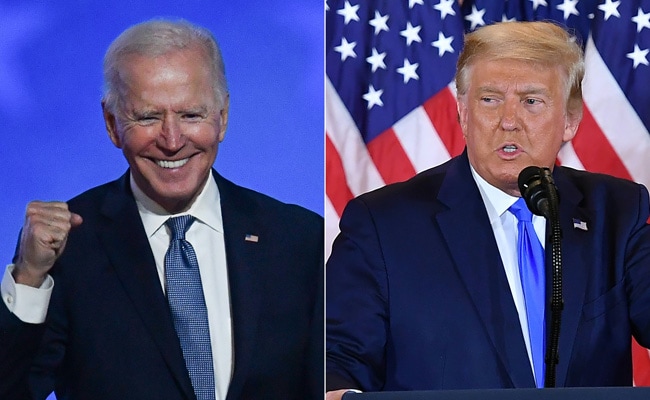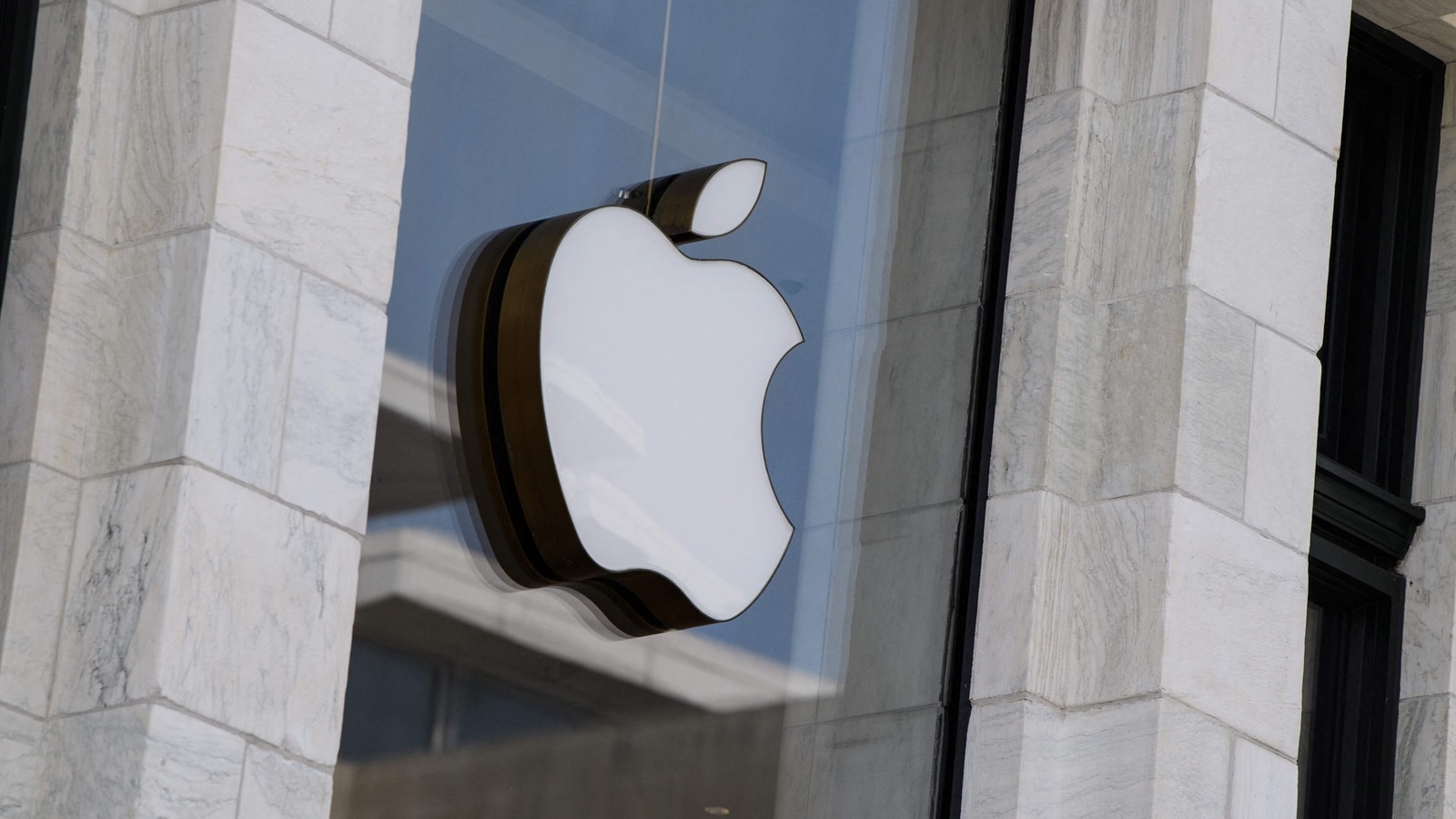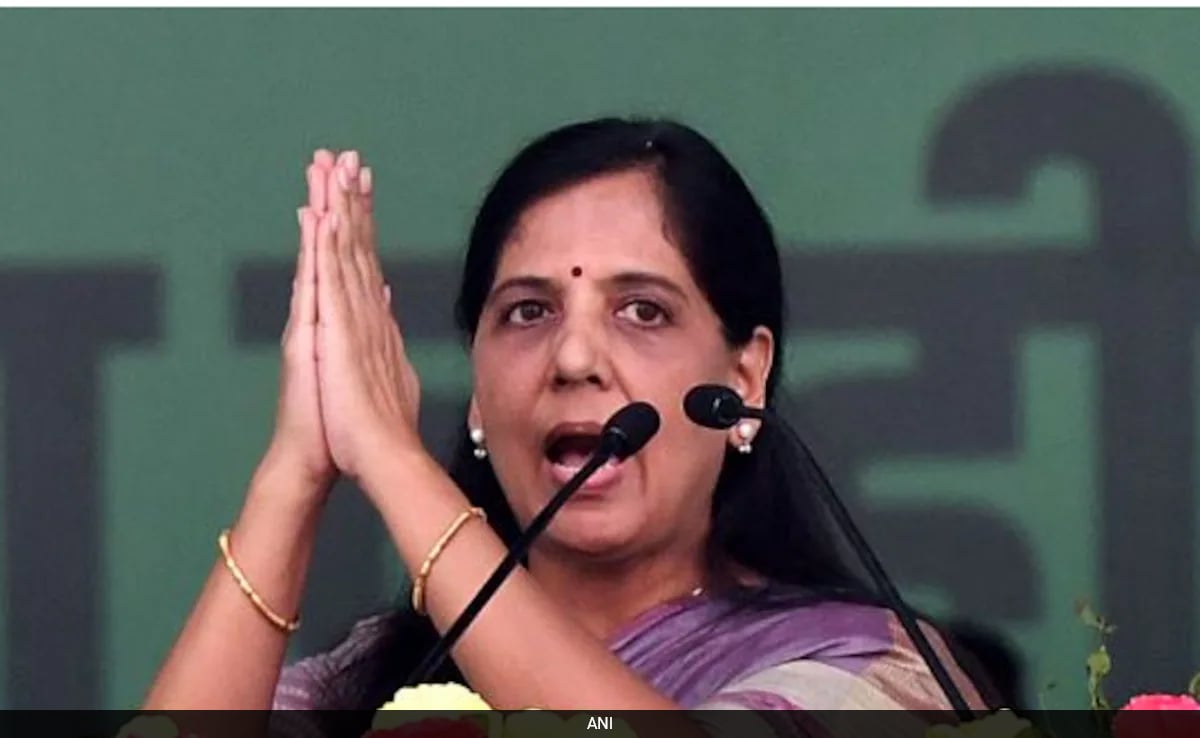
The rebels said the attacks were in solidarity with the Palestinians. (document)
Dubai:
Container traffic across the Red Sea has fallen by nearly a third this year as attacks by Yemen’s Houthi rebels continue, the International Monetary Fund said on Wednesday.
Jihad Azour, director of the International Monetary Fund’s Middle East and Central Asia Department, said “container traffic… dropped by almost 30%”, adding that “the decline in trade accelerated early this year”.
The Pentagon said on Tuesday that Iran-backed Houthi rebels have launched more than 30 attacks on commercial ships and naval vessels since November 19.
The rebels said the attacks were in solidarity with the Palestinians and in protest against the Israeli-Hamas war that has raged in the Gaza Strip since October.
The International Monetary Fund’s PortWatch platform shows that as of January 16, total traffic through the Suez Canal fell by 37% this year compared with the same period last year.
The canal connects the Red Sea and the Mediterranean Sea.
Houthi attacks have prompted some shipping companies to detour through southern Africa to avoid the Red Sea, which typically carries about 12% of global trade, according to the International Chamber of Shipping.
“Uncertainty is very high and developments will determine the extent to which trade patterns change and shift in terms of volume and sustainability,” Azul told reporters in an online briefing.
“Are we on the verge of a major change in trade routes, or is this just temporary because of rising costs and worsening security costs?”
Revised regional outlook
The United States leads a coalition to protect shipping in the Red Sea and has sought to apply diplomatic and financial pressure by rebranding the Houthis as a “terrorist” group.
The Red Sea was particularly important for European trade.
Last week, the EU trade commissioner said sea traffic on the Red Sea route had fallen by 22% in a month due to rebel attacks.
The European Union is pushing to launch its own naval mission in the Red Sea to help protect international shipping.
EU countries have initially supported the plan and plan to finalize the plan at a meeting of EU foreign ministers on February 19.
The United States and Britain have launched repeated attacks against Houthi rebels in Yemen, but the Iran-backed movement has still been able to hit ships.
Wednesday’s IMF briefing came as the Washington-based International Monetary Fund released revised economic prospects for Middle East and North African countries as a result of Israel’s war with Hamas.
The International Monetary Fund now expects the region’s economy to grow 2.9% this year, down half a percentage point from its October forecast.
Azour said the economic downturn in the occupied West Bank and war-torn Gaza Strip was “severe”.
Real GDP growth in Gaza and the West Bank is estimated to fall to around minus 6% by 2023, the IMF said, adding that this reflected a 9-percentage-point downward revision to the outlook in October.
“We expect the economy to continue to shrink in 2024 if hostilities do not cease quickly and reconstruction begins,” Azul said.
For the region’s emerging market and middle-income economies, total financing needs are expected to rise to $186 billion in 2024 from $156 billion in 2023, the International Monetary Fund said.
(Except for the headline, this story has not been edited by NDTV staff and is published from a syndicated feed.)
Follow us on Google news ,Twitter , and Join Whatsapp Group of thelocalreport.in
















